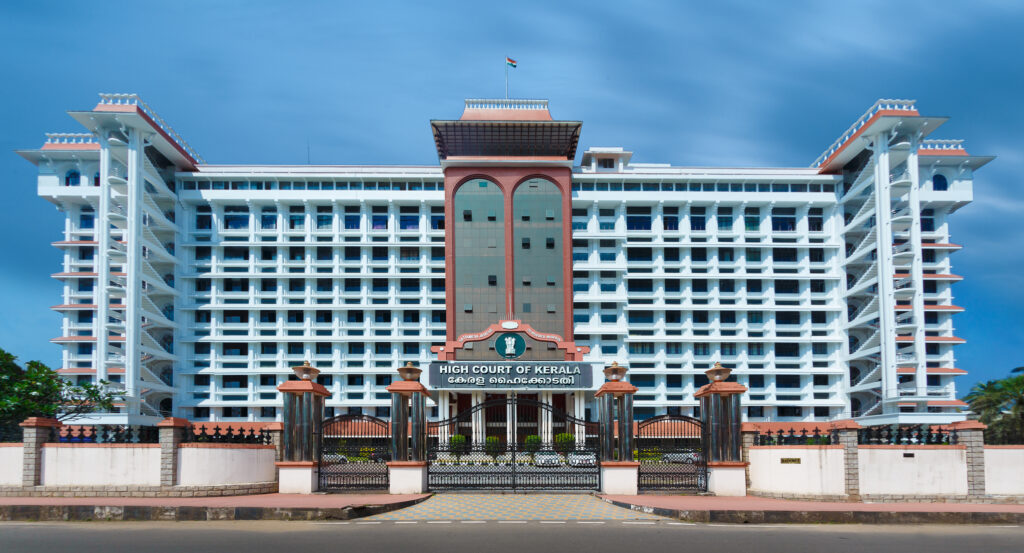The Kerala High Court stated that further investigation and its report cannot be dismissed just because formal permission was not received.

The Kerala High Court noted that getting official approval for further investigation is a legal requirement and should be a common practice. However, if an Investigating Officer carries out additional investigation without this approval, it does not automatically make the investigation or the report invalid. The Court was reviewing a Criminal Miscellaneous Case filed under Section 528 of the Bharatiya Nagarik Suraksha Sanhita, 2023, which aimed to dismiss proceedings in an FIR related to offenses under Sections 447, 323, 341, 324, 325, 326, and 307 of the IPC. Justice A Badharudeen stated, “Therefore, obtaining formal permission for further investigation is legally recognized and should always be followed. If an Investigating Officer does not seek permission before proceeding, it does not invalidate the investigation or the report for that reason alone.”
The Petitioner claims he was not originally named as an accused in the FIR. The initial case involved accused Nos. 1 to 5, who reportedly attacked the complainant and his family, with allegations of stabbing, beating with bamboo sticks, and inflicting injuries. After further investigation, the Petitioner was added as the 6th accused following a private complaint he filed against the complainant and others regarding an alleged attack on him earlier that day. The Petitioner argued that his addition as an accused was unfounded and that the supplementary report including him was submitted without the Court’s permission, which required judicial review.
The Court observed that while the law does not require the Investigating Officer to seek permission for further investigation, the Apex Court has stated that to maintain a good relationship between the Court and the Investigating Agency, formal permission should be obtained. The Court referenced the Supreme Court case of State Through Central Bureau of Investigation v. Hemendhra Reddy and Another, noting,
1. Even after the final report is presented to the Magistrate and accepted, the investigating agency can still conduct further investigation. In other words, there is no restriction on further investigation under S.173(8) of the CrPC after the final report under S.173(2) has been accepted.
2. It is not necessary to review, recall, or quash the order accepting the final report before conducting further investigation under S.173(8) of the CrPC.
3.Further investigation is just a continuation of the previous investigation, so it cannot be claimed that the accused are being investigated twice. Additionally, investigation is not the same as prosecution or punishment, which means it does not fall under Clause (2) of Article 20 of the Constitution. Therefore, the principle of double jeopardy does not apply to further investigation.
4. There is also nothing in the CrPC that requires the court to hear the accused when considering a request for further investigation under Section 173(8) of the CrPC.
As a result, the Court determined that the supplementary final report is legally valid and dismissed the Criminal Miscellaneous Petition.
Cause Title: Asha v. State of Kerala (Neutral Citation: 2024:KER:80608)
Appearance:
Appellant: Advocates PJ Justine and CH Abdul Rasac
Respondent: PP MP Prasanth








